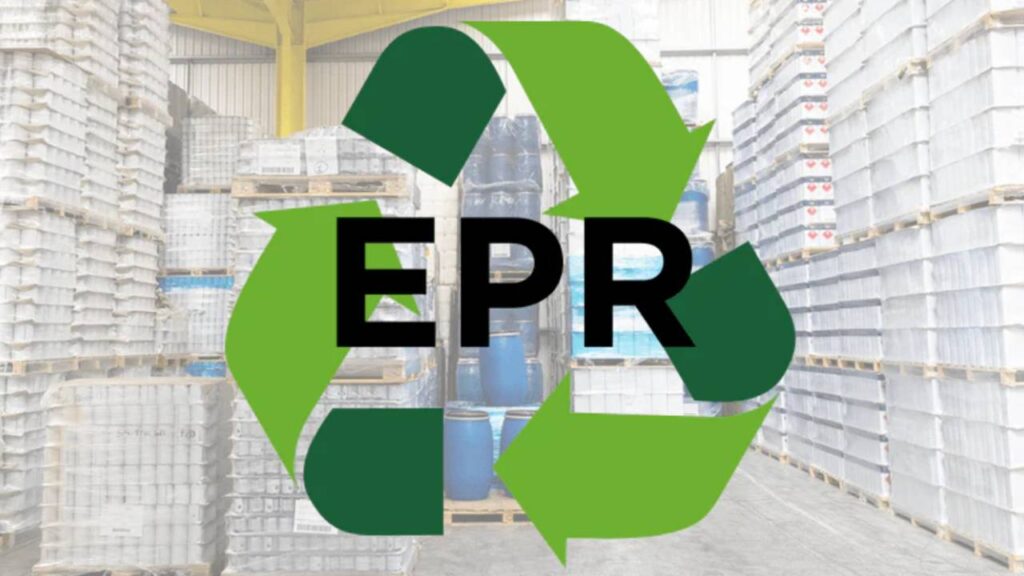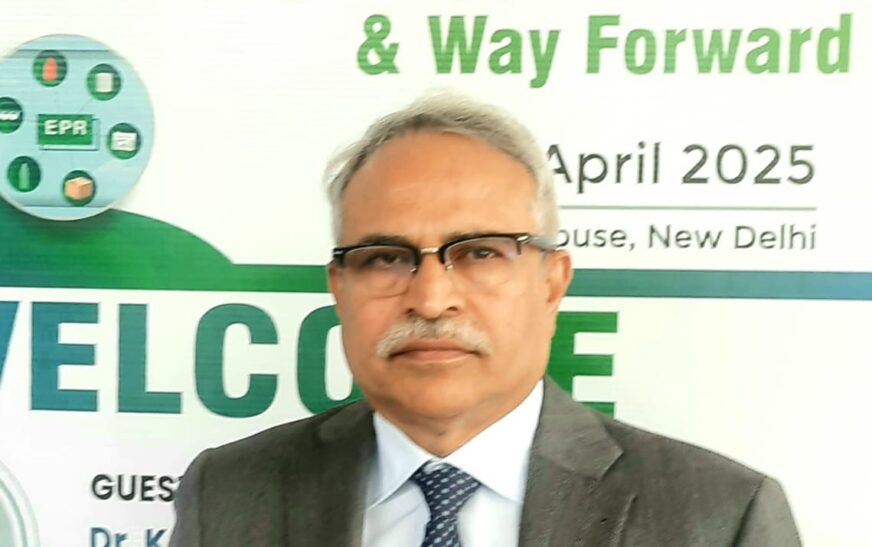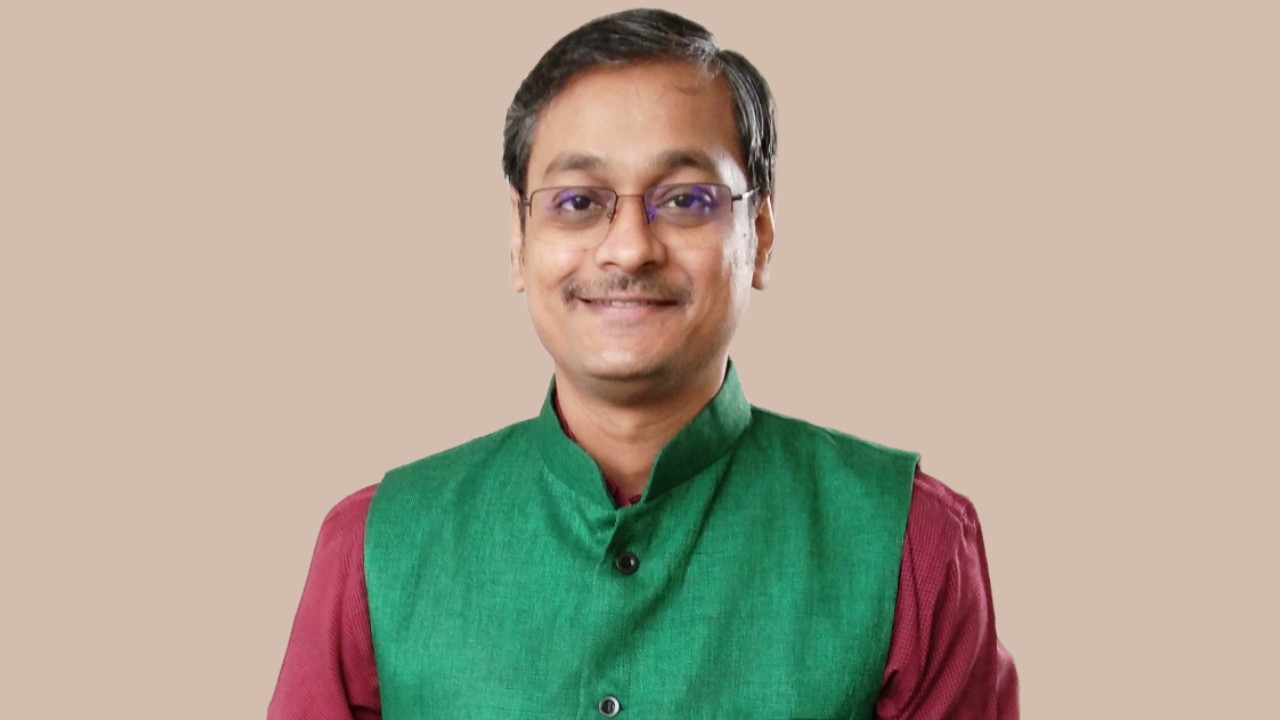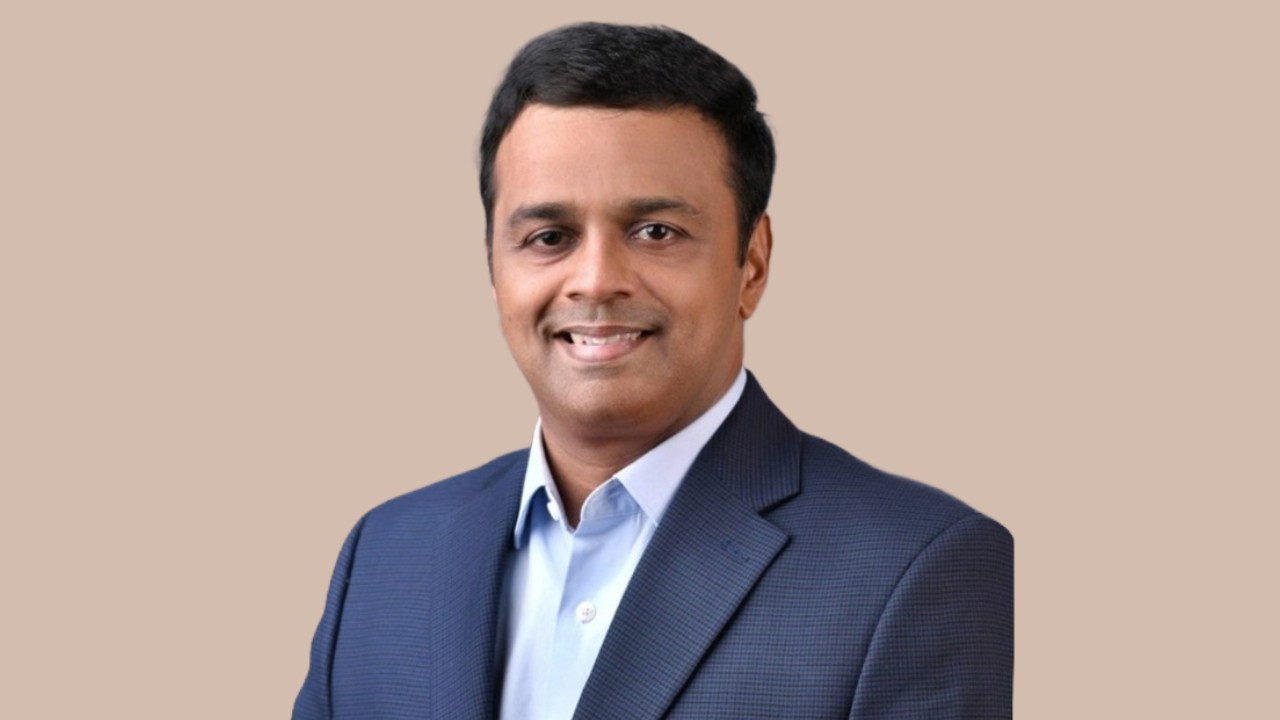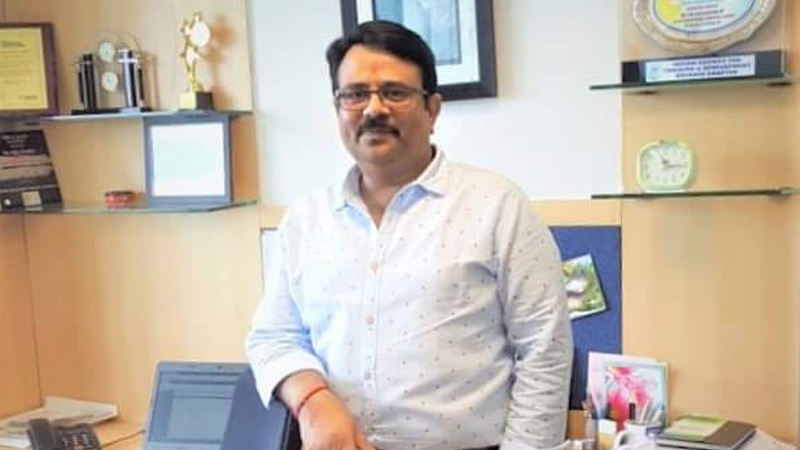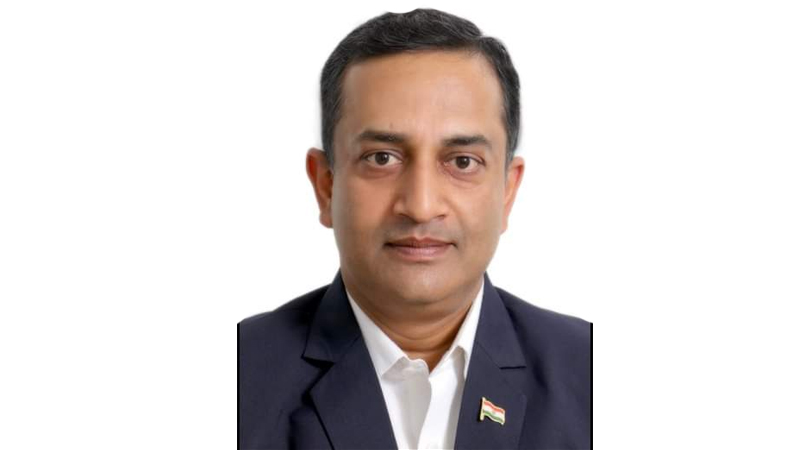Extended Producer Responsibility (EPR) stands at the forefront of India’s journey toward sustainable waste management. By holding producers accountable for their products throughout their entire lifecycle—including post-consumer waste—EPR shifts the responsibility from overburdened municipalities to manufacturers. This paradigm not only fosters eco-conscious product design but also drives the development of efficient recycling ecosystems.
Yet, persistent challenges continue to undermine its full potential. Issues such as widespread non-compliance, disjointed waste collection processes, and a glaring lack of traceability hamper progress.
This is where technology steps in as a game-changer. Digital innovations—ranging from blockchain and IoT-based sensors to AI and big data—can inject much-needed transparency and efficiency into the system. Blockchain ensures verifiable tracking across the supply chain, while AI enables predictive waste mapping, optimized logistics, and real-time EPR compliance monitoring. IoT sensors can track waste flow with precision, and mobile applications can seamlessly link consumers, waste aggregators, and recyclers. At the same time, digital compliance platforms empower regulators to curb greenwashing and enforce standards with greater accuracy and speed.
By weaving digital tools into the very fabric of EPR implementation, India can dismantle operational silos, boost traceability, and foster a truly circular economy. The result: waste transforms into a valuable resource, supporting both environmental integrity and economic resilience.
At the Conference on Decoding the EPR – Challenges, Opportunities, and Way Forward, hosted by the PHD Chamber of Commerce and Industry, Jeevaraj G. Pillai, Director – Sustainability at UFlex Limited, spoke exclusively to The Interview World. He delved into the current landscape of EPR in India, outlined the transformative role of technology, evaluated India’s standing in the global EPR arena, and emphasized the urgent need for robust standards and regulatory coherence.
Here are the most compelling takeaways from his insightful discussion.
Q: How do you see the current state of the EPR industry in this country, and why is it urgently necessary now?
A: Extended Producer Responsibility (EPR) is critical to India’s future—driven by three compelling imperatives.
First, the regulatory mandate. India is an active participant in global environmental forums such as COP26, the Intergovernmental Negotiating Committee (INC), the United Nations Environment Programme (UNEP), and the United Nations Global Compact (UNGC). These affiliations compel us to align with international sustainability standards, making EPR not just desirable but necessary.
Second, the economic imperative. As a net importer of both energy and polymers, India faces significant pressure on its foreign exchange reserves. By promoting the use of recycled content through EPR, we can reduce our dependence on imports, conserve valuable foreign currency, and enhance resource efficiency.
Third, the societal and environmental necessity. Climate change and plastic pollution are no longer distant threats—they are urgent realities. Our cities are overwhelmed with growing landfills and plastic packaging waste scattered across public spaces. This unchecked pollution endangers public health, damages ecosystems, and places an unsustainable burden on the economy. It directly impedes national growth and development.
EPR offers a structured solution to these interconnected challenges. It serves as a blueprint for reducing plastic waste, fostering circularity, and aligning industry practices with environmental and economic goals.
In this context, it is not just important—but imperative—for a country like India to adopt a robust, forward-looking, and comprehensive EPR policy. The stakes are high, and the path forward demands urgent, coordinated action.
Q: What role does technology play in strengthening India’s resilience in this segment, and which innovations are driving this transformation?
A: Technology forms the backbone of a successful EPR strategy. We urgently need advanced solutions to address multiple facets of the recycling and sustainability ecosystem.
To begin with, we require cutting-edge technology to recycle complex, multi-layered materials and to incorporate recycled content effectively into new packaging. Without this, the circularity envisioned under EPR remains incomplete.
Next, municipal solid waste segregation demands intelligent systems that can efficiently isolate plastic components from the broader waste stream. This is essential to streamline downstream recycling and reduce contamination.
In parallel, we must invest in technologies that enable biodegradation—particularly for plastics that cannot be conventionally recycled. These innovations will be crucial in mitigating the long-term environmental impact of persistent waste.
Moreover, as we strive to meet evolving sustainability standards, technology must support the design and production of eco-friendly packaging. From material innovation to manufacturing integration, the right tools can help bring sustainable packaging into the mainstream supply chain.
In essence, technology is not just a supporting pillar—it is the engine driving the effectiveness, scalability, and credibility of India’s EPR framework. Without it, compliance will falter, innovation will stall, and the broader goals of environmental stewardship will remain out of reach.
Q: Where does India currently stand in terms of EPR implementation and progress compared to global standards?
A: India stands at a critical midpoint in its EPR journey. Launched in 2022, the framework continues to evolve, with new regulations steadily coming into effect. One of the most significant milestones is approaching fast—starting April 1, 2025, the mandatory use of recycled plastic will come into force.
This regulation marks a major shift toward circularity. While industries have begun the implementation process, progress remains slower than expected. The delay stems largely from the need for further regulatory clarity and supporting guidelines from the government.
Nonetheless, momentum is building. As compliance deadlines near and policy frameworks mature, EPR is poised to transition from concept to large-scale execution—reshaping India’s packaging and waste management landscape.
Q: What types of standards and regulatory guidelines are essential to make India fully EPR-ready?
A: As I emphasized earlier, India urgently needs FSSAI guidelines to regulate the use of recycled plastics in food packaging. Without clear directives, stakeholders remain uncertain, slowing progress.
At the same time, we require robust BIS standards to govern the recycling of diverse material types. These benchmarks are essential to ensure quality, safety, and uniformity across the recycling ecosystem.
While EPR implementation is underway, it remains fragmented. To move forward decisively, we must consolidate efforts through active involvement and support from government regulators. Their leadership is crucial to establish a cohesive, enforceable framework that drives compliance and accelerates sustainable transformation.
